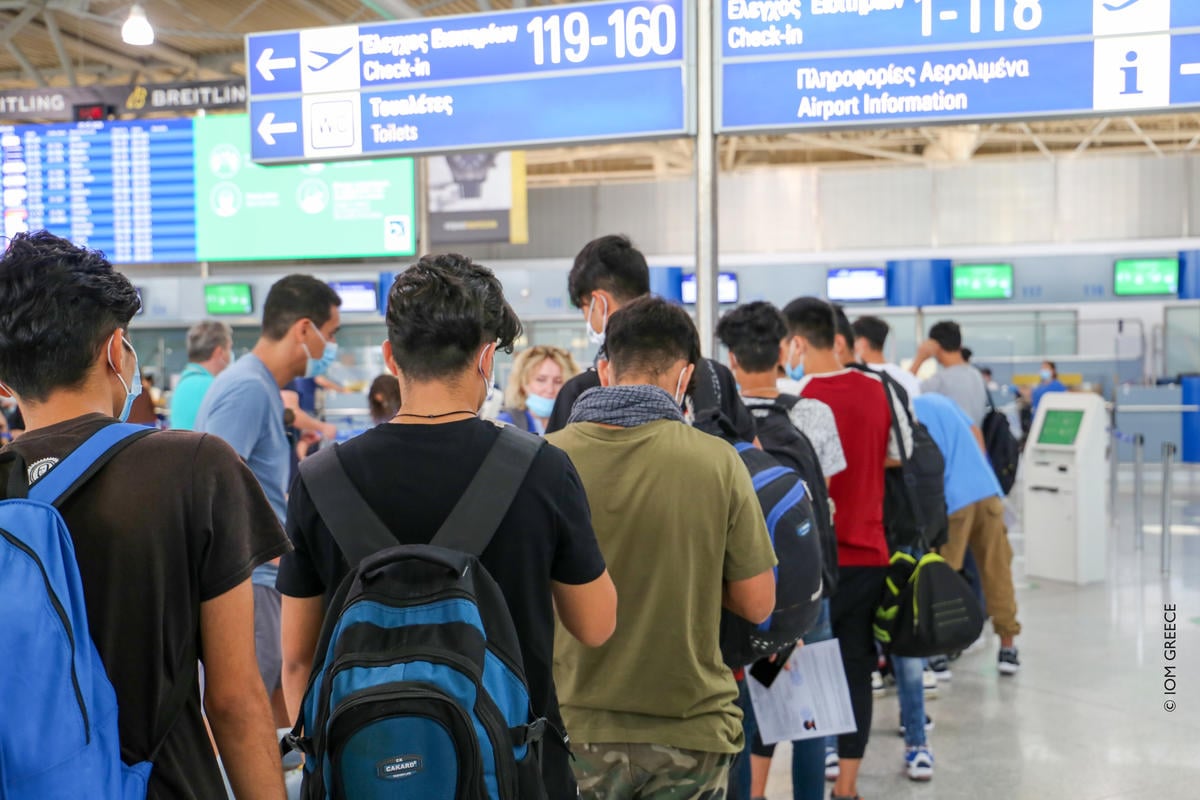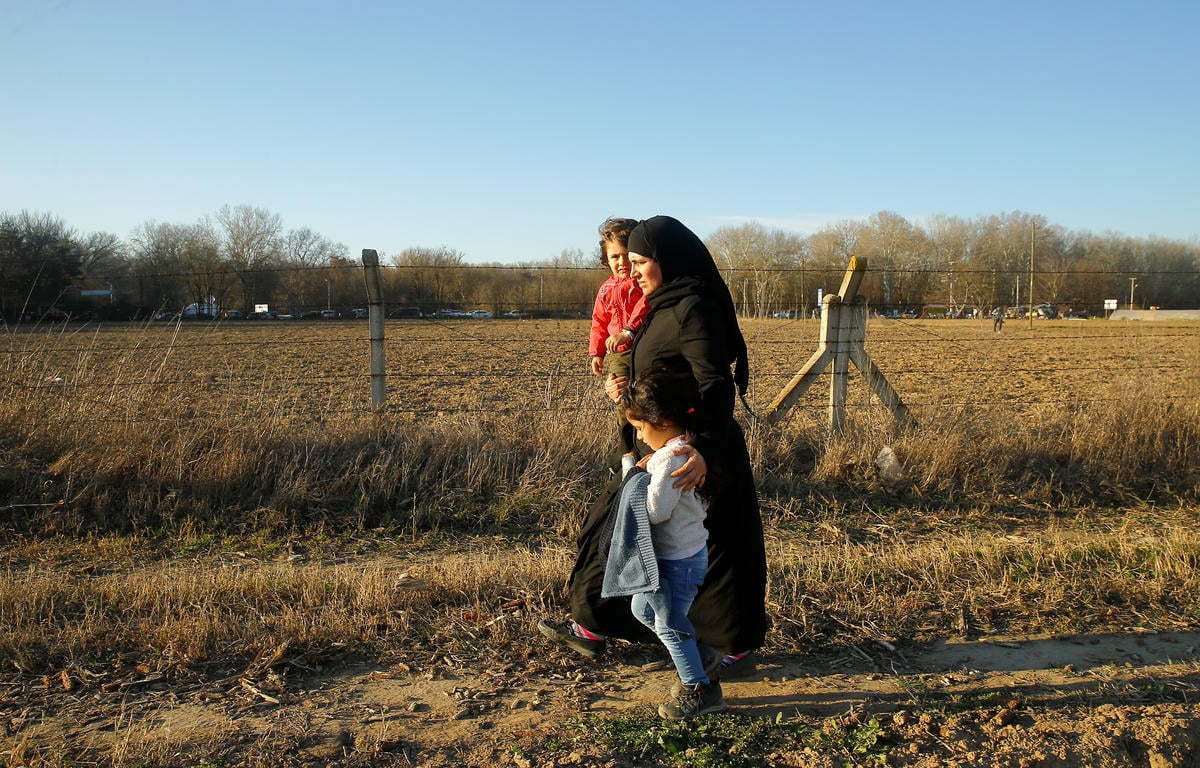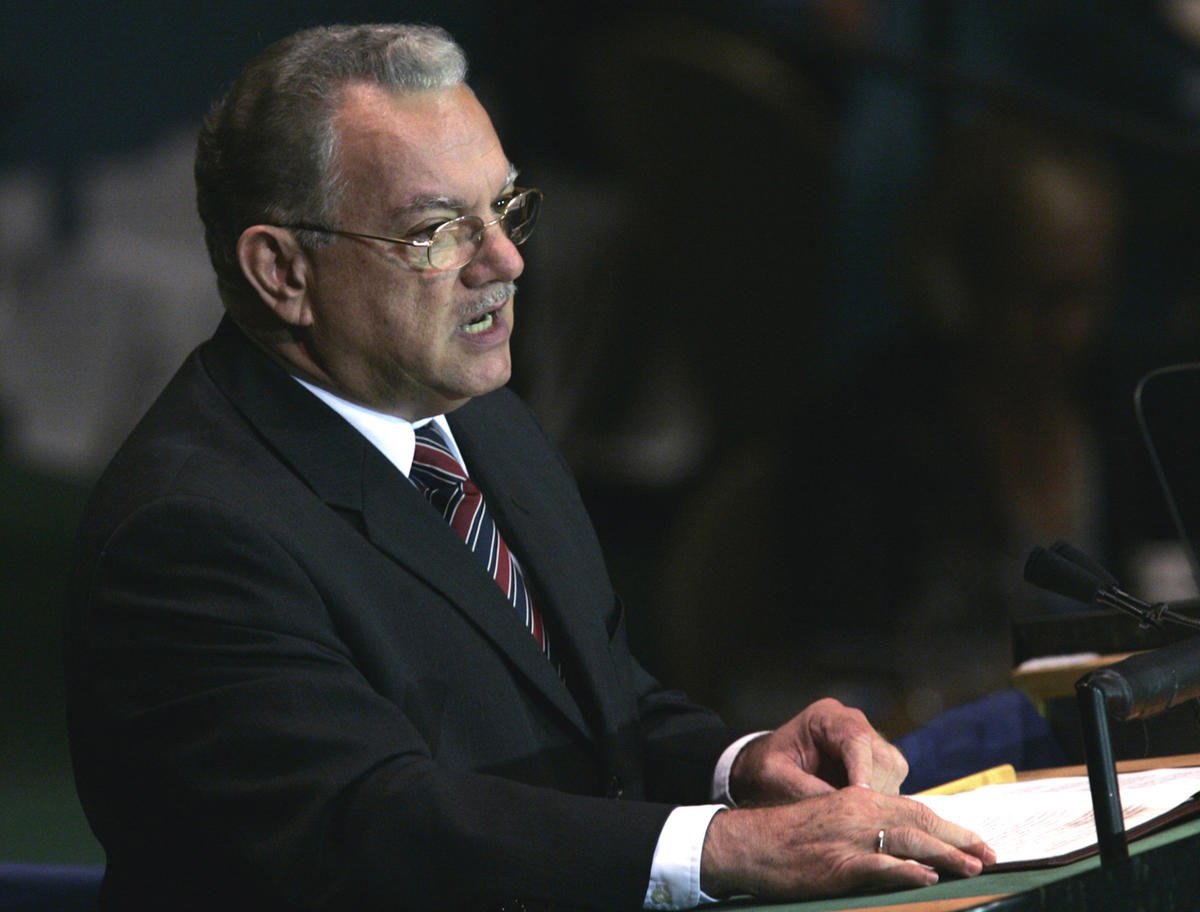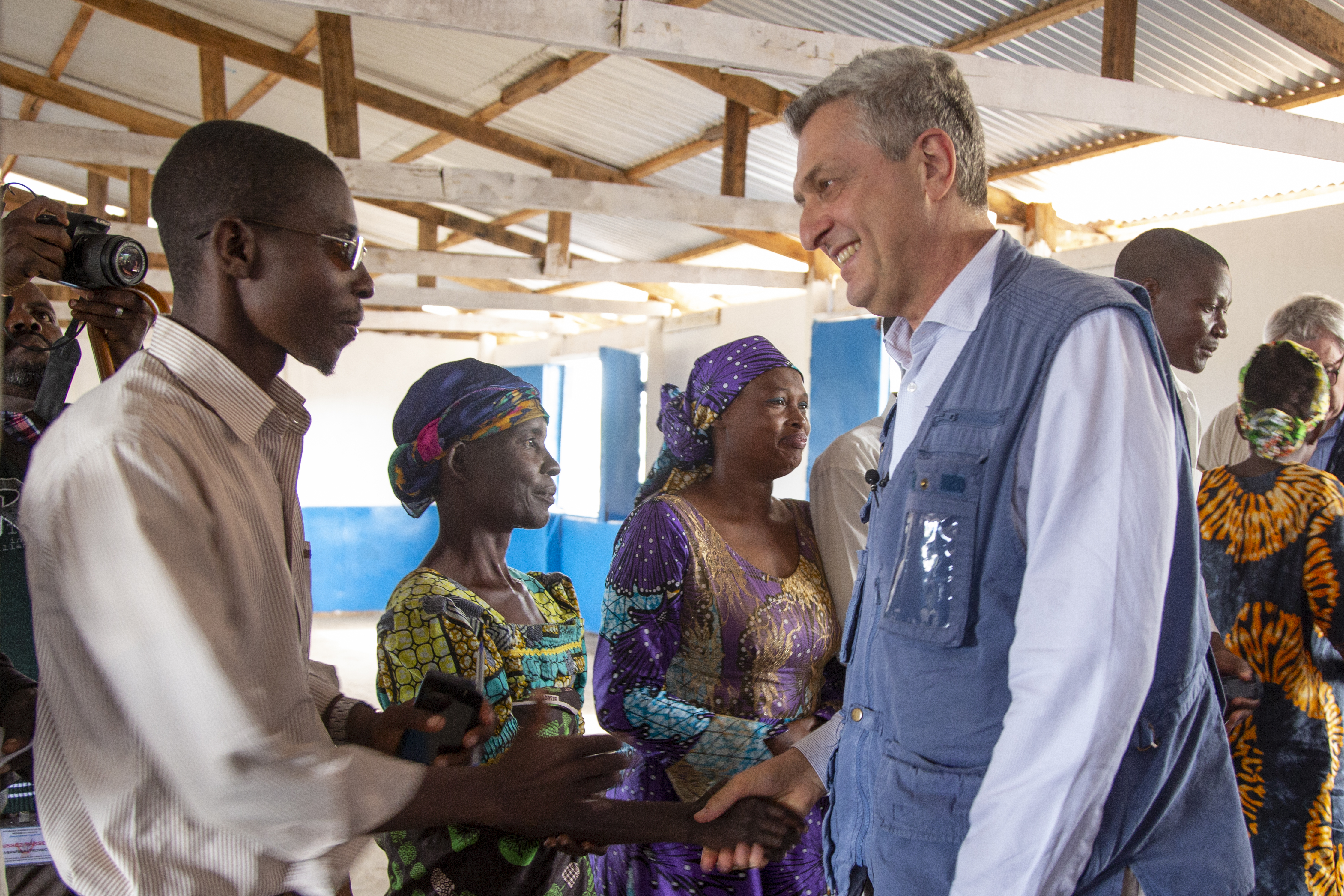UNHCR thanks Danish ship for rescuing asylum seekers stranded at sea
UNHCR thanks Danish ship for rescuing asylum seekers stranded at sea
LONDON, June 8 (UNHCR) - Adrift in the rolling waves after their small boat's engine sputtered and failed, a boatful of men and boys gazed at the sea rise and fall as they floated on the Mediterranean watching cargo ships steam past without heeding their pleas for help.
Some ships told the 27 persons on the boat that they would inform coast guard authorities, but no assistance came and soon a week had gone by.
On the eighth day, help finally came when the M.V. Clementine Maersk, a Danish-registered container ship, rescued the individuals from their boat last Tuesday (May 31) and gave them food and water.
The captain of the Clementine Maersk diverted his vessel from its scheduled course - despite the risk of delays and financial losses - in order to rescue the desperate boat people. Those on board the stranded boat were mainly Somalis, but included two Tunisians and one Palestinian.
"We are very grateful that the captain followed international maritime law and custom, as well as his moral instincts, and rescued the group from their boat," said Pirkko Kourula, Director of UNHCR's Europe Bureau. "But we are also disturbed to hear that other ships apparently ignored them and left them to what might have been a disastrous fate."
The Clementine Maersk, a three-year-old 347-metre-long vessel based in Hirtshals, Denmark, reached its first scheduled port of call at Felixstowe in the United Kingdom on Saturday afternoon (June 4). Twenty-six of the rescued individuals, including two teenagers, sought asylum. One Tunisian man asked to be returned to his homeland and remained on board the ship.
It is extremely rare for persons to be rescued at sea and brought to the UK. The UK authorities speedily completed initial asylum interviews on board, while the cargo was off-loaded, and then let the asylum seekers disembark.
"We're also glad that the UK government agreed to allow the group to disembark on its territory," said Kourula. "We know of other situations when groups or individuals have been bounced from port to port as country after country refuses to accept them on their territory. In this case, the UK accepted the captain's prerogative to continue to the next scheduled port of call."
UNHCR is working closely with the International Maritime Organisation (IMO) and other relevant UN agencies to safeguard the integrity of the international search and rescue regime so as to offer support and guidance to ships' masters who come to the aid of refugees and asylum seekers in difficulty at sea.
In an age when ships' captains are constantly asked to boost efficiency and cut costs, it remains vital that they continue to take the time and trouble to rescue people in peril - whether they are refugees or any other people in distress.
Last year, the IMO's Maritime Safety Committee adopted amendments to the international Conventions for the Safety of Life at Sea (SOLAS) and Maritime Search and Rescue (SAR) to help ensure that persons in distress are assisted, while minimizing the inconvenience to assisting ships and ensuring the continued integrity of the search and rescue regime.
The amendments are expected to come into force in 2006, while the associated guidelines are already applicable. Upon entry into force, the amendments will require governments to coordinate and cooperate so as to ensure that masters of ships that rescue persons in distress at sea are permitted to disembark them with minimal further deviation from the ship's planned itinerary.
Earlier this year, UNHCR launched an initiative to look into the complex issue of population movements from sub-Saharan Africa to Europe and its impact on refugee protection. The project, financed by the European Commission, is an important and in many ways pioneering initiative for UNHCR.
In recent years, the refugee agency has become increasingly concerned that in their efforts to combat illegal migration, both the EU states and transit countries are tending to overlook the needs of asylum seekers and refugees.
The project is focusing on the North Africa region, which in recent years has become a major transit route from Africa into Europe. It has three main objectives: to increase the knowledge and understanding of population movements via North Africa; to strengthen protection mechanisms for refugees and asylum seekers in the region; and to develop a multilateral strategy to address the consequences of rescue and interception at sea of boats carrying people trying to reach Europe.
Every year, an unknown number of people die trying to enter Europe, many of them while crossing the Mediterranean. A coalition of European non-governmental organisations has documented close to 5,000 confirmed deaths over the past decade, the majority of them at sea. However, the real figure may well be much higher.
By Peter Kessler in London, United Kingdom








